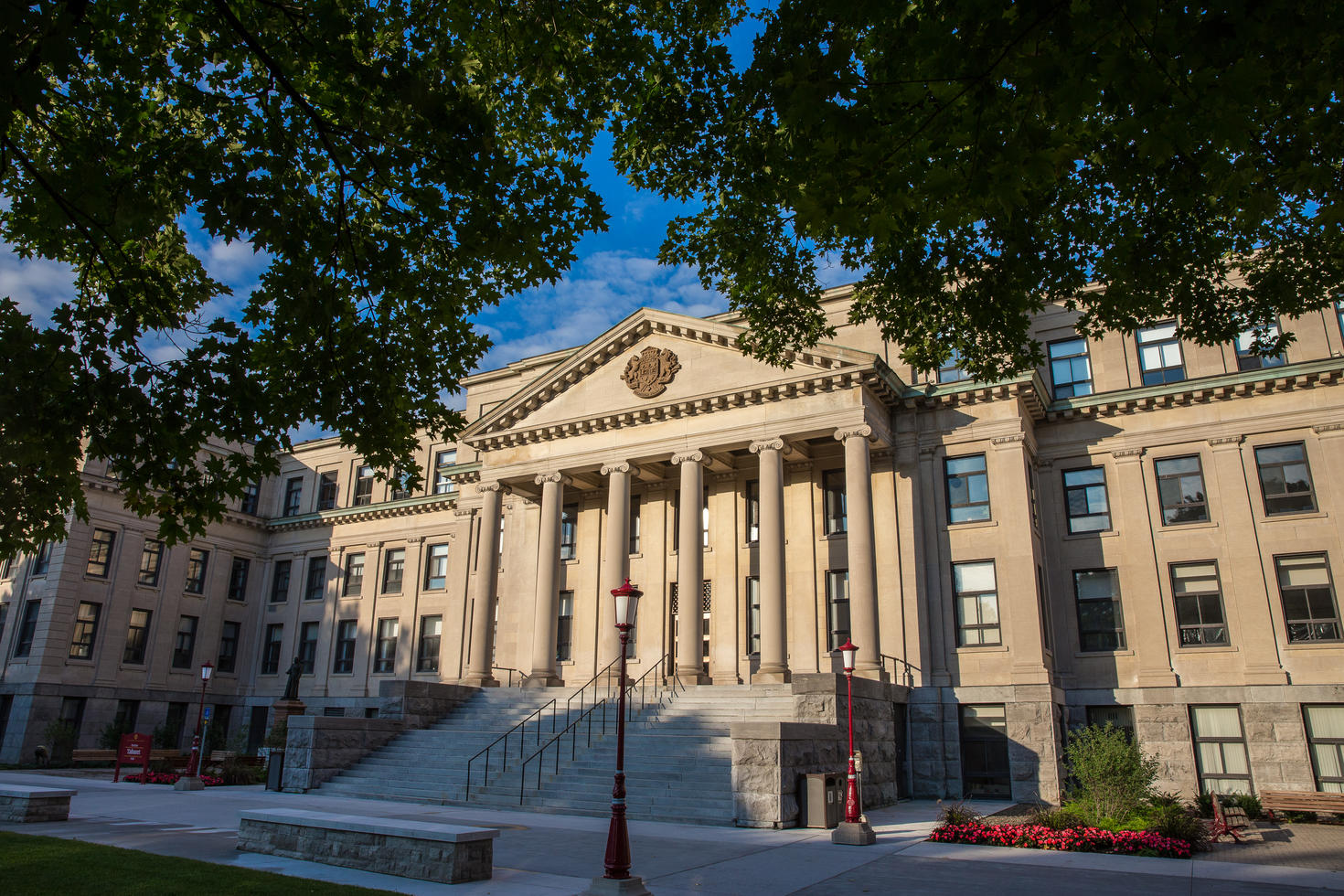Since its establishment in 1848, the University of Ottawa has taken pride in fostering a remarkable learning environment for all students, and in providing an outstanding work environment for faculty members and support staff. As a community, the University has set ambitious goals for the future, including the development of a unique and diverse cultural environment in which students can learn, grow and excel; embodying the Canadian spirit with an openness toward the world; fostering the spirit of discovery; and nurturing the many languages that defines the country, including Indigenous languages.
In 2015, the University of Ottawa adopted the 13 Principles on Indigenous Education that were released shortly after the Truth and Reconciliation Commission’s final report on Canada’s residential schools. The 13 Principles on Indigenous Education were created by Universities Canada (the voice of Canadian universities) in partnership with Indigenous communities, in order to address the underrepresentation of Indigenous peoples in post-secondary institutions. In light of the 13 Principles, the University responded to a student-led request to create an Indigenous presence on the University of Ottawa website by creating an Indigenous Student Portal.
In 2017, the University of Ottawa signed a Memorandum of Understanding with the National Centre for Truth and Reconciliation at the University of Manitoba. By doing so, it joined a network of 22 other official partners who seek to preserve the past and forge new alliances to ensure that no one ever questions the legacy of the Residential School system.
